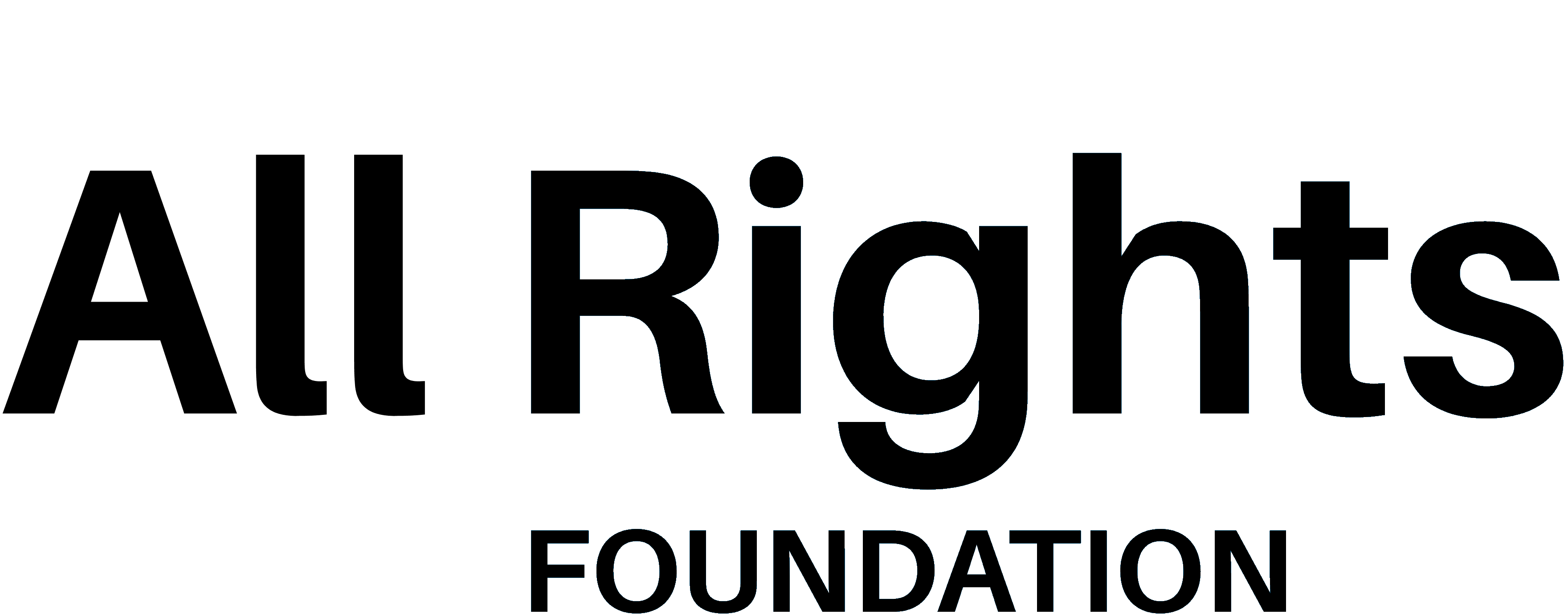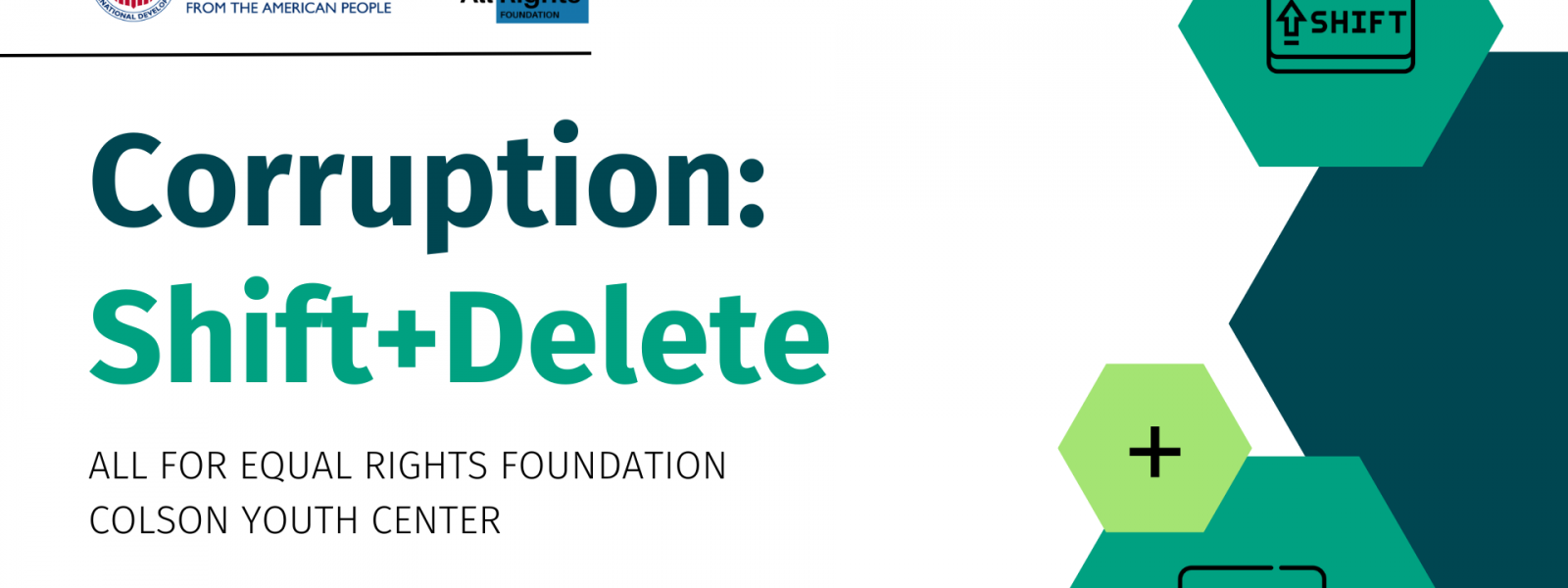Project
«Corruption: Shift+Delete»
Implementation period:
09.01.2023-08.10.2023
Supporter
Armenian integrity project, AIP
Donor
United States Agency for International Development, USAID
Implementer
All for equal rights foundation
Partner
Colson Youth Center NGO
Goal
The project aims to raise corruption awareness, recognition, detection, and application of anti- corruption mechanisms by vulnerable groups of young people and women living in the Shirak and Ararat regions. The program aims to move the anti-corruption process to a new platform, where through education, participation, and skills development, young people, women, and vulnerable groups will be able to become initiators and implementers of anti-corruption campaigns.
Context
Awareness of corruption among young people is low. Youth and women, vulnerable groups do not implement anti-corruption initiatives in their own communities, and the beneficiaries do not participate in the processes of community self-government and decision-making processes as full members of the community. The lack of local media and low professionalism in local journalism also contribute to increased corruption risks.
In the context of the described situation, it is planned to raise the awareness level about corruption among young people, women and vulnerable groups.
The beneficiaries of the proposed project are students of high schools, freshmen and sophomores of colleges and universities of Shirak, Ararat region, CSO beneficiaries, especially women and vulnerable groups from rural and urban communities.
Objectives
The following objectives will assist in project implementation:
- Capacity building and awareness raising of project participants.
- Perception and recognition of corruption risks around community issues using debates and the “Corruption: Shift+Delete” board game.
- Development of debate skills and capacities
- Raising awareness of corruption through an anti-corruption social media campaign.
— — — —
The “Corruption: Shift+Delete” project is being implemented by ARF with the support of the American People through the United States Agency for International Development (USAID).
Last modified:
